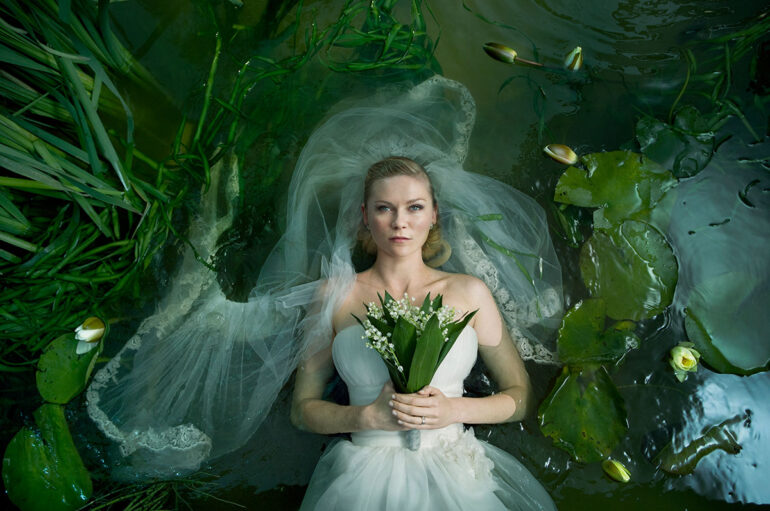It’s Mental Health Awareness Week hosted by the Mental Health Foundation, so we are diving into films that highlight mental health struggles.
While films sometimes dramatize certain elements in order to bolster a screenplay, or aren’t completely able to capture the full reality of mental health struggles, films are also a great way to general positive conversation on mental health, allowing us to move past social stigmas that exist. This list is a curation of great films that discuss mental health in an authentic way and value adds to the discourse, providing us with insight to these topics and handling them sensitively.
Before the write-up of each film, I will briefly mention which topic the film covers, just in case you would rather not watch specific topics. Here are five films you should watch during Mental Health Awareness Week 2021.
1. As Good as It Gets (1997)

Director: James L. Brooks
Warning: Obsessive Compulsive Disorder (OCD)
As Good as It Gets stars Jack Nicholson in his Oscar winning role as Melvin Udall, a writer of romantic fiction who’s rude to everyone he meets, including his neighbor Simon (Greg Kinnear). But when he finds himself having to look after Simon’s dog, he starts to soften a little. He also begins a relationship with the only waitress (Helen Hunt, who also won an Oscar for her role) at the local diner who’ll serve him.
The film does a credible job with some aspects of OCD, which we see manifest in the way Melvin navigates the world. But it is also very focused on the external actions and habits, and doesn’t really delve into the character’s interior and internal struggles. The film being a rom-com also restricts the way the subject matter plays out, since there is a need here to conform to genre rules, instead of allowing the characters to take their own paths.
For all the film’s imperfections, it has great dialogue, wonderful performances from Nicholson and Hunt, and Melvin’s transformation and desire to be a better man is pursued authentically without any sappy overtones.
2. Take Shelter (2011)
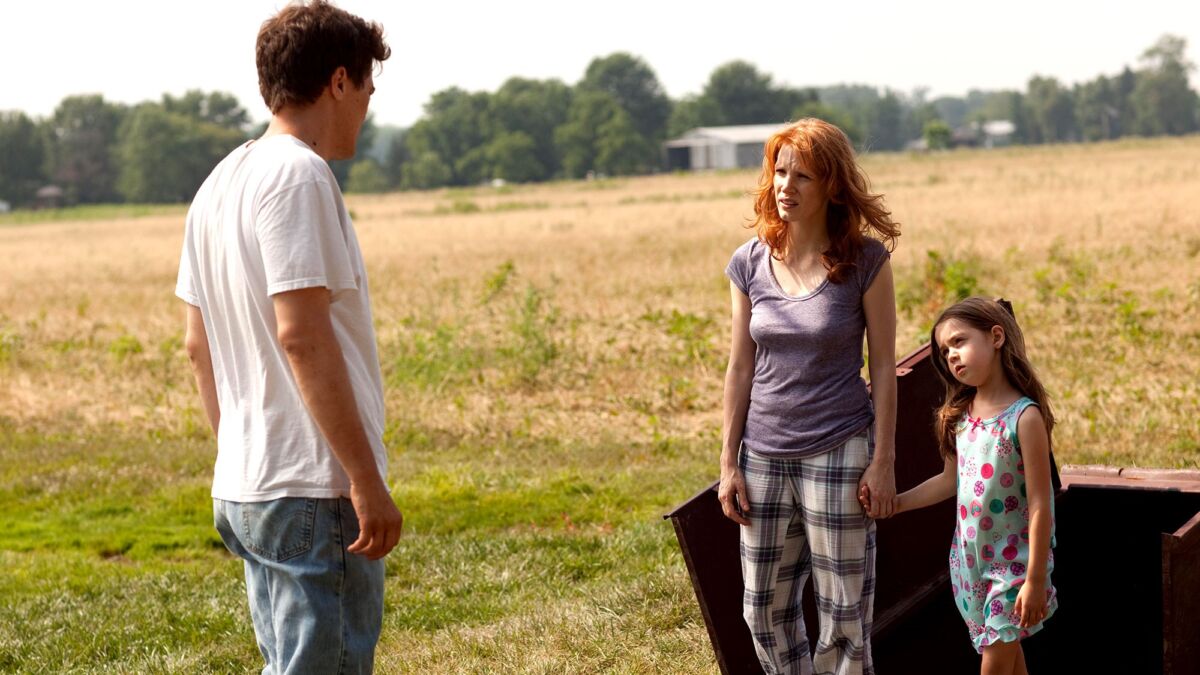
Director: Jeff Nichols
Warning: Schizophrenia
Michael Shannon’s Curtis LaForche lives in a small Ohio town with his loving wife Samantha (Jessica Chastain) and hearing-impaired daughter Hannah (Tova Stewart). Though money is tight, the family share a happy life together. This happy existence is shattered when Curtis begins having terrifying dreams about an apocalypse that threatens them all. Rather than confiding in Samantha, he begins building a storm shelter in the backyard, and his strange behavior causes tension in their marriage and the surrounding community.
As Take Shelter progresses, we aren’t sure if Curtis’ visions are paranoia or prophetic, especially since his family has history of schizophrenia, but at the same time, these visions seem to suggest something more sinister.
Curtis’ refusal to confide in his wife creates tension and conflict within their relationship, showcasing the toll his mental health struggles have on his family and the people around him. The film also highlights the burden of getting help that has been placed on Curtis’ shoulders, and the difficulties of this when institutions and support systems aren’t stable and subject to frequent changes.
Curtis is a decent and likeable man, and there is such an immense sense of pathos to witnessing how his mental health struggles impacts his relationships within his family and community. Shannon does an incredible job in the film (one of the most underrated actors in Hollywood in my opinion), which itself is well-crafted and poignantly presented.
3. Melancholia (2011)
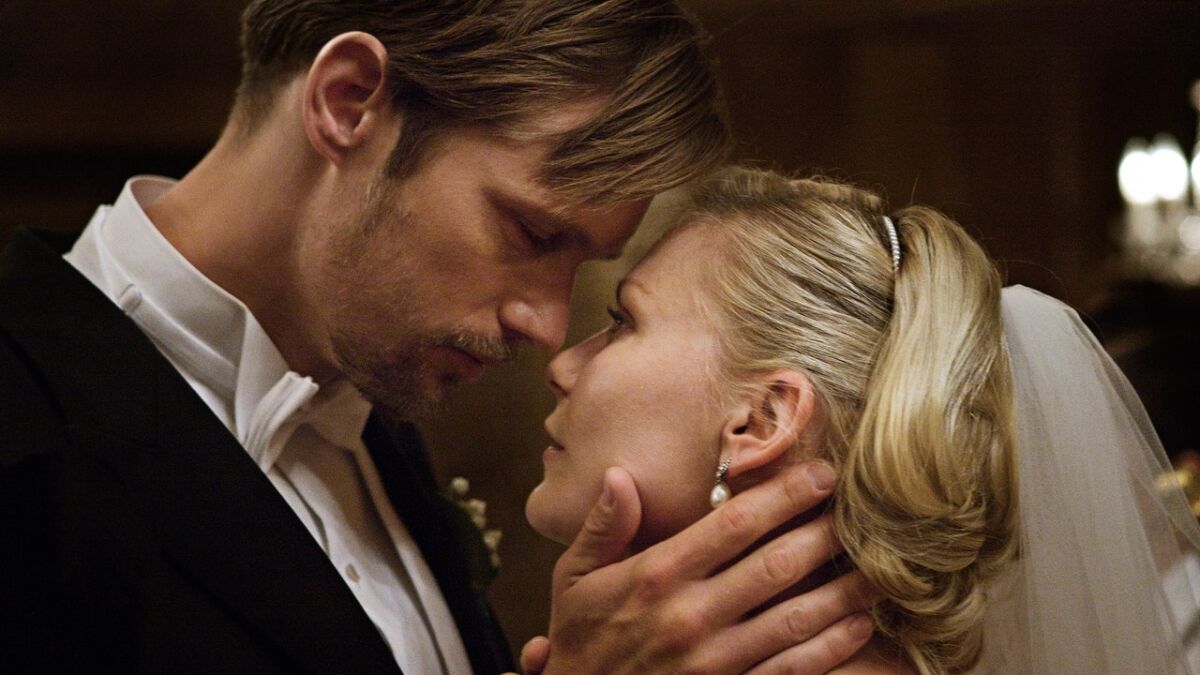
Director: Lars von Trier
Warning: Depression
Melancholia uses sci-fi elements to approach mental health, with the premise of a planet hurtling toward a collision course with Earth. Melancholia shows us how two sisters, Justine (Kirsten Dunst) and Claire (Charlotte Gainsbourg), cope with the approaching doomsday in different ways. The first part of the film focuses on Justine, who is newly married and finds herself descending into a dark cloud of depression, while Claire manages the lavish wedding affair. Part 2 finds the pair switching perspectives, with Justine accepting the apocalypse and what she views as a fitting end, in contrast to Claire’s emerging panic.
Stylistically, this may not be to everyone’s taste, especially since it employs the use of the shaky frame quite liberally. However, Manuel Alberto Claro’s cinematography allows for the natural spontaneity of the events on screen, and it is a fitting way to frame the film’s subject matter.
It would be remiss of me not to mention Dunst’s performance, which she won the Best Actress award for at the Cannes Film Festival. It’s a travesty that she wasn’t nominated for an Oscar when she delivered such an authentic performance. Dunst showcased the paralysing state of depression, being an outsider in a world that doesn’t understand who she is.
Melancholia possesses a certain vulnerability and intimacy in the handling of the subject matter, which makes for a compelling, albeit uncomfortable, viewing experience.
4. Words on Bathroom Walls (2020)
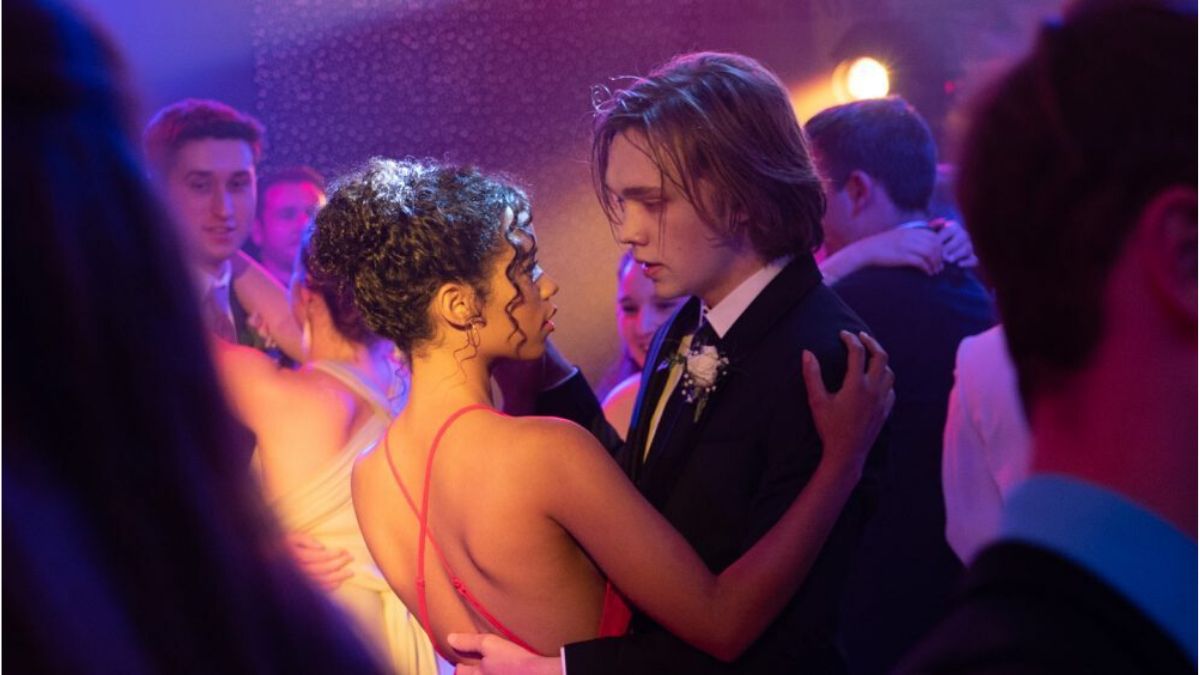
Director: Thor Freudenthal
Warning: Schizophrenia
Words on Bathroom Walls is an adaptation of a similarly titled novel by Julia Walton. At the beginning, our protagonist Adam (Charlie Plummer), is, for the most part, a fairly well-adjusted teen. His dad abandoned him and his mom (Molly Parker), and while they adapt to a life without him, Adam finds himself cooking more and through these culinary explorations, discovers his passion for food. So here we have a teen who has a clear idea of what he wants to do with his life, with his passion steering him forward, until he discovers that he has schizophrenia, and the forward momentum vanishes.
Plummer does such a good job at fleshing out Adam’s reaction to the hallucinations, which are a part of his condition. The effects are also stylised in a very effective way, allowing us to have some insight of Adam’s interior world. Most of us would know what the condition entails, but this hardly prepares us for the exhausting reality of schizophrenia. For Adam, he has to deal with the stigma as well, where you are either feared or made fun of – the isolation is overwhelming.
The film focuses on the importance of relationships and empathy we should have for the people around us. This is the main message of the film, to have a little more kindness in our interactions with others, to seek to understand, instead of judge and condemn. Adam is able to see past the ugly words on bathroom walls – words that tell him he’s nothing, that seek to ridicule and diminish – because the people who care for him help him see a different side to him, the parts that are strong and worthy of love.
5. The King of Staten Island (2020)
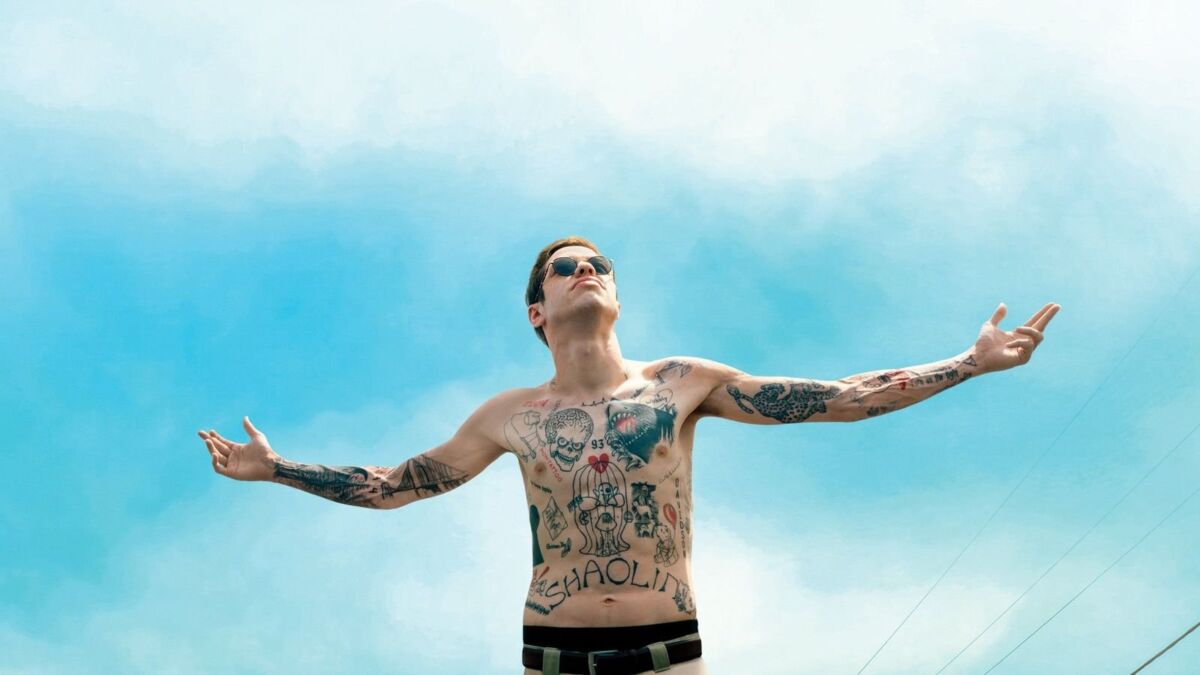
Director: Judd Apatow
Warning: Borderline Personality Disorder (BPD)
The King of Staten Island follows Pete Davidson’s Scott Carlin, a 24-year-old who lives with mom Margie (Marissa Tomei) and sister Claire (Maude Apatow) in a cramped suburban-style house. His father was a fireman who died on the job during 9/11. When Margie becomes romantically involved with Ray (Bill Burr), a firefighter, it forces Scott to confront the past tragedy in his life so he can move forward. The film is built on Davidson’s own backstory, and much like Shia LaBeouf’s Honey Boy, it is a semi-biographical tale that uses the creative process as a means of catharsis.
Davidson has been vocal about his struggles with mental health and the years it took before he was diagnosed with BPD, and while this isn’t explicitly tackled in the film, aspects of Scott’s characterisation, such as fear of abandonment, an unsteady sense of self, and a history of unstable personal relationships, all point to the character’s struggles with BPD.
While The King of Staten Island is perhaps a tad long, and could have certainly been a little bit more succinct in its storytelling, there’s a lot of heart and humanity to the film, and the emotional storytelling is nicely balanced with risque humour – something integral to Apatow’s approach to narrative and film.
READ NEXT: 6 Sensitive YA Books To Check Out For Mental Health Awareness Week
Some of the coverage you find on Cultured Vultures contains affiliate links, which provide us with small commissions based on purchases made from visiting our site.
